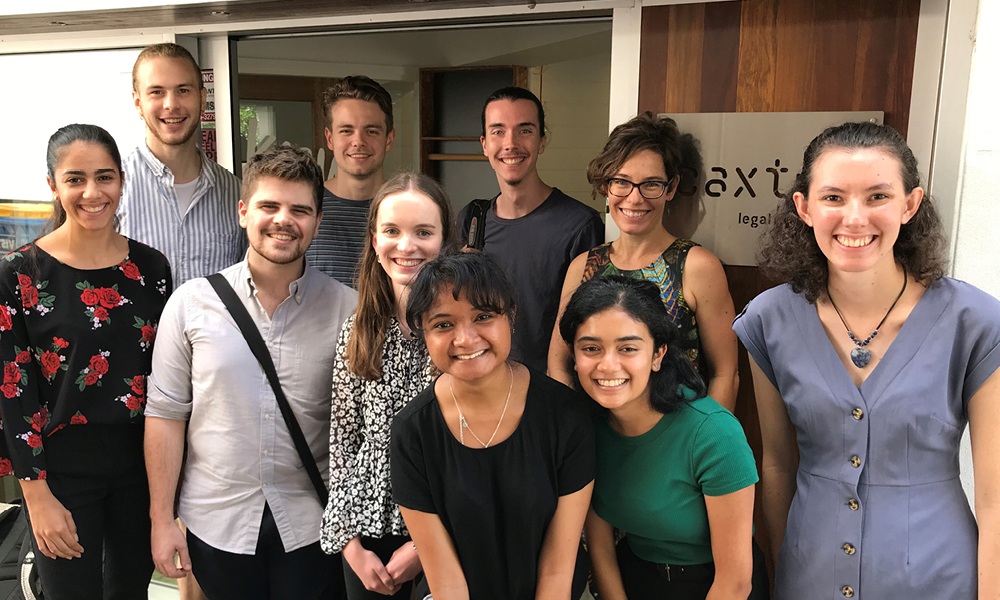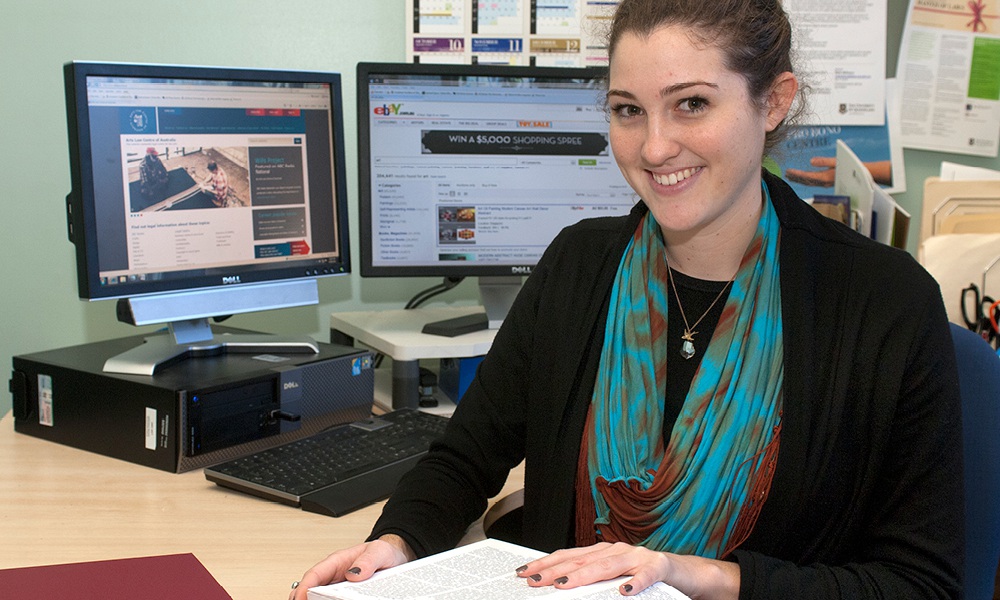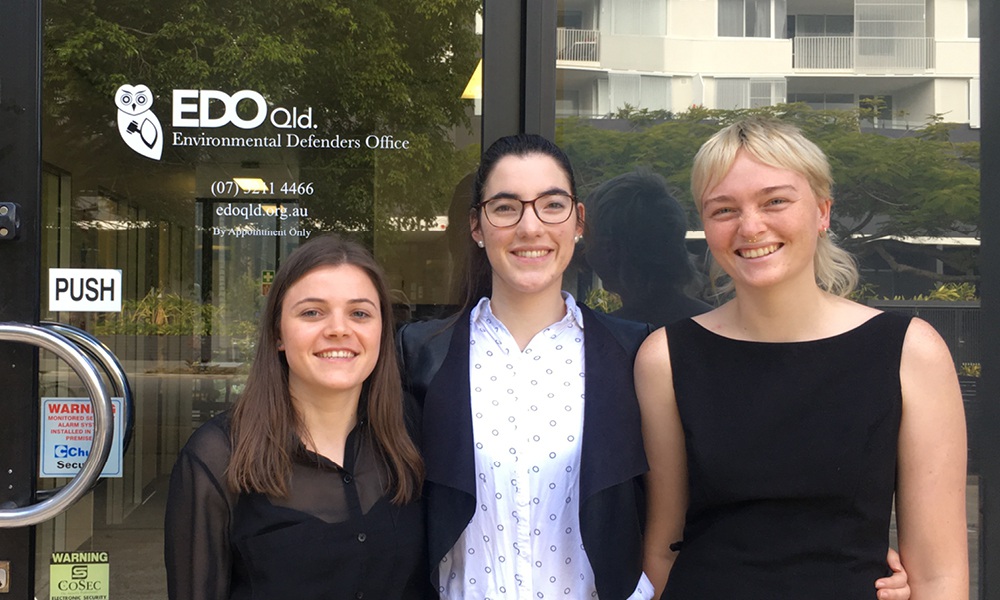There is no doubt that pro bono legal work increases access to justice.1
The Australian Pro Bono Centre has set the national pro bono target at 35 hours of pro bono work per year for law firms, legal practices and individual practitioners.2
In order to reach these targets and build a profession of lawyers with a lifelong commitment to pro bono legal service, it has been suggested that we need to begin by inculcating a pro bono ethos in our undergraduate law students.3
Unlike the United States, there is no compulsory requirement in Australia for students to undertake pro bono legal work as a requirement for admission to practice.4 It is therefore up to individual law schools to consider ways in which altruism and public service, the touchstones of professionalism, can be embedded within law programs.5
For more than 10 years the UQ Pro Bono Centre has been providing opportunities for undergraduate law students to undertake pro bono legal services.6
Partnering with community legal centres, the not-for-profit sector and schools, law students are able to undertake a broad range of pro bono legal services.
With around 500 law students registered on the UQ pro bono roster, there is a clear appetite from students to engage in voluntary work and their contribution to pro bono legal services is significant.
While there has been a recent focus on measuring the true impact of pro bono legal work in the community legal sector and legal profession, there has been less emphasis on the value and impact of student pro bono work.7
By looking at the work of law students at the UQ Pro Bono Centre, this article suggests that the impact of student pro bono legal services has a meaningful and far-reaching impact on the students themselves (and ultimately the legal profession); our partners (the not-for-profit sector) and the community.
Impact on students
Engaging in pro bono legal work often provides students with their first opportunity to undertake practical legal work. This work, with its focus on access to justice, enables students to understand unmet legal needs in the community and how to use the privilege of their education to give back to the community.
Working within the community legal sector also exposes students to a vast network of volunteer lawyers, inspiring the students to commit to ongoing pro bono legal work upon graduation.
As evidenced through formal student reflections and informal testimonials, there is no doubt that this work has a transformative effect on students as they work with the homelessness sector, domestic and family violence services, refugees, and other vulnerable groups.
Impact on partner organisations and the community
As well as assisting in the provision of direct client services through clinical legal education programs, law students also increase the capacity for organisations to undertake law reform, advocacy and community legal education initiatives.
Teams of law students, under the supervision of UQ law academics, undertake about 50 pro bono tasks each year for not-for-profit partner organisations. These tasks range from administrative tasks, paralegal assistance, the production of research papers, law reform proposals, position papers and community legal information resources.8
The relevance of the work is evidenced by partner demand; in the past year alone, law students have produced around 20 research reports, seven on issues of domestic and family violence, for organisations within the Brisbane area.
Through a memorandum of understanding with the PNG Supreme and National Courts, law students have also produced a number of significant legal research papers for members of the PNG judiciary on human rights and constitutional issues.
The Vulnerable Persons Project, established by Tamara Walsh, has in excess of 30 students producing human rights law case notes and working on deaths in custody and deaths in care projects.9
The Climate Justice Initiative is working on a guide to climate-conscious lawyering for junior lawyers, and the Legal Education Outreach program has delivered presentations on international humanitarian law, refugee and immigration law, and domestic and family violence law to secondary school students across the state.
The capacity of law students for undertaking pro bono legal service on top of their demanding study requirements and paid work commitments is commendable. It provides great hope that our law students will graduate from law school with an appreciation of the value and importance of access to justice and a lifelong professional commitment to pro bono legal service.
Mandy Shircore is the Director of the UQ Pro Bono Centre.
Footnotes
1 Queensland Law Society, ‘Access to Justice Scorecard: Evaluating access to Justice in Queensland’ (2020).
2 Australian Pro Bono Centre, National Pro Bono Target (web page, March 2021).
3 John Corker, ‘The Importance of Inculcating the ‘Pro Bono Ethos’ in Law Students, and the Opportunities to Do It Better’ (2020) 30(1) Legal Education Review.
4 Pro Bono Institute, ‘Pro Bono Practices and Opportunities in Australia’ (2019).
5 Above, n3.
6 The University of Queensland, UQ Pro Bono Centre celebrates 10 years (web page, 5 September 2019).
7 Australian Pro Bono Centre, Measuring Impact Hub.
8 The University of Queensland, Pro Bono Publications (web page, n.d.).
9 The University of Queensland, The Deaths in Custody Project (web page, n.d.).


















Share this article